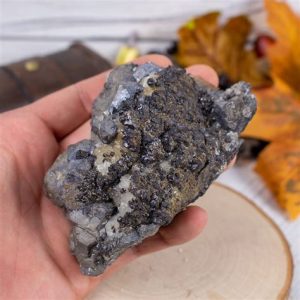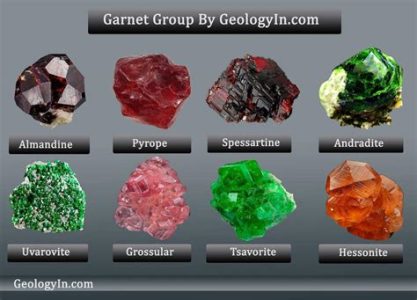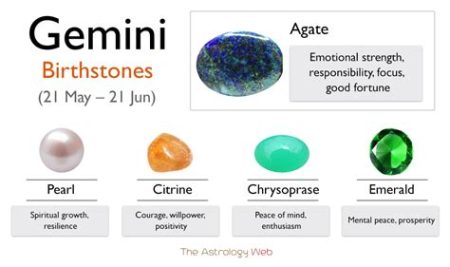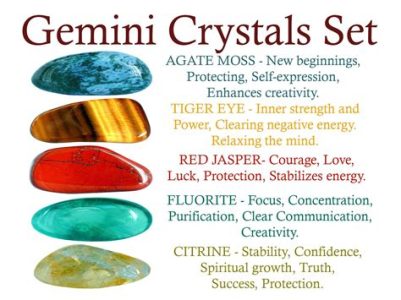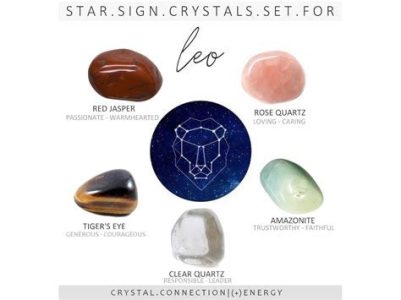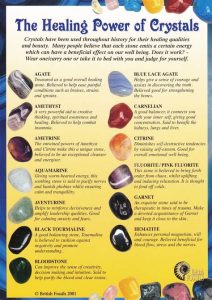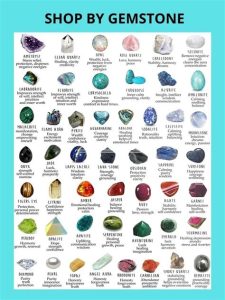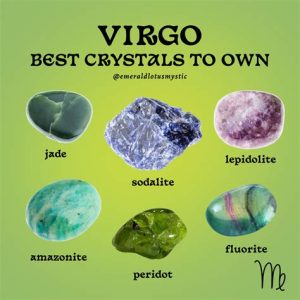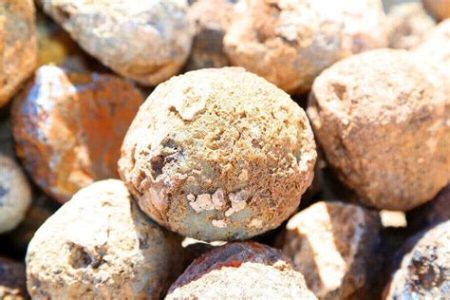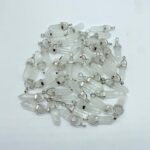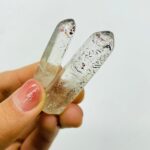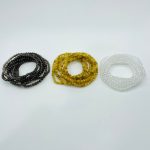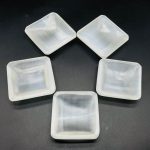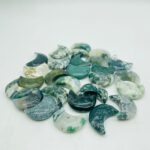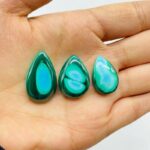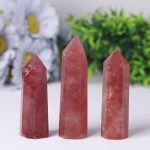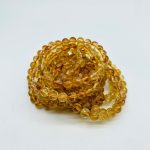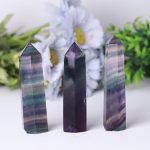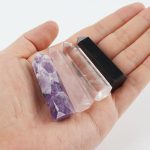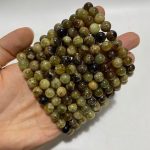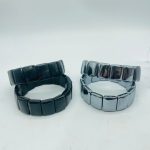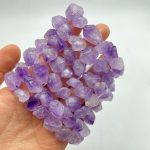What is Pyrite?
Pyrite, also known as fool’s gold, is an iron sulfide mineral with a golden metallic luster. It is the most common sulfide mineral on Earth, and is often found in association with other sulfide minerals, such as chalcopyrite, sphalerite, and galena.
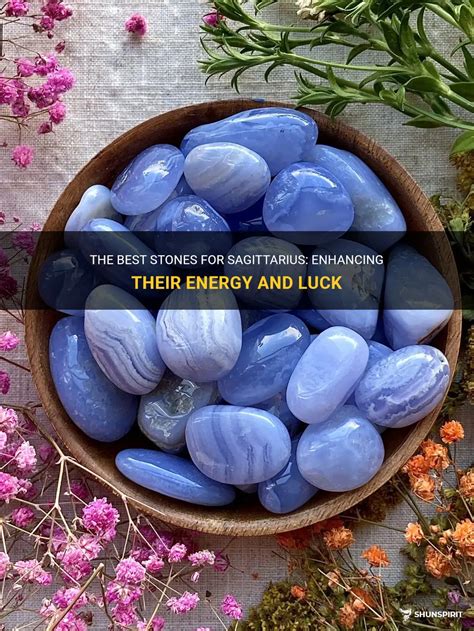
How Much Is Pyrite Worth?
The value of pyrite depends on a number of factors, including its size, quality, and purity. Small, low-quality pieces of pyrite are typically worth less than $1 per pound, while large, high-quality pieces can be worth up to $10 per pound. The average price of pyrite is around $2 per pound.
Pyrite vs. Gold
Pyrite is often mistaken for gold, but the two minerals are actually quite different. Gold is a much denser metal than pyrite, and it is also much more valuable. Gold is typically worth around $1,200 per ounce, while pyrite is worth around $0.02 per ounce.
Uses of Pyrite
Pyrite has a number of industrial uses, including:
- As a source of sulfur: Pyrite is the primary source of sulfur for the production of sulfuric acid, which is used in a variety of industrial processes, including the manufacture of fertilizers, batteries, and dyes.
- As a source of iron: Pyrite is also used as a source of iron for the production of steel.
- In jewelry: Pyrite is sometimes used in jewelry, although it is not as valuable as gold or silver.
New Applications for Pyrite
Researchers are currently exploring new applications for pyrite, including:
- As a catalyst: Pyrite has been shown to be an effective catalyst for a variety of chemical reactions, including the production of hydrogen and the removal of pollutants from water.
- In solar cells: Pyrite has been shown to be a promising material for the production of solar cells.
- In batteries: Pyrite has been shown to be a potential material for the production of batteries.
Conclusion
Pyrite is a common and versatile mineral with a number of industrial and commercial applications. While it is not as valuable as gold, pyrite is still a valuable resource that can be used to produce a variety of products and materials.
FAQs
-
What is the difference between pyrite and gold?
- Gold is a much denser metal than pyrite, and it is also much more valuable. Gold is typically worth around $1,200 per ounce, while pyrite is worth around $0.02 per ounce.
-
What are the uses of pyrite?
- Pyrite is used as a source of sulfur for the production of sulfuric acid, as a source of iron for the production of steel, and in jewelry.
-
What are some new applications for pyrite?
- Researchers are currently exploring new applications for pyrite, including as a catalyst, in solar cells, and in batteries.
-
How much is pyrite worth?
- The value of pyrite depends on a number of factors, including its size, quality, and purity. Small, low-quality pieces of pyrite are typically worth less than $1 per pound, while large, high-quality pieces can be worth up to $10 per pound. The average price of pyrite is around $2 per pound.
Case Detail
In 2020, a large deposit of pyrite was discovered in Canada. The deposit is estimated to contain over 100 million tons of pyrite, which could be worth up to $2 billion. The discovery of this deposit has led to a renewed interest in pyrite and its potential applications.
Effective Strategies
There are a number of effective strategies that can be used to increase the value of pyrite, including:
- Increasing the size of the pyrite crystals: Larger pyrite crystals are more valuable than smaller crystals.
- Improving the quality of the pyrite: Pyrite crystals that are free of impurities are more valuable than crystals that contain impurities.
- Finding new applications for pyrite: New applications for pyrite can increase its value.
Tables
| Factor | Value |
|---|---|
| Size | Small: |
| Quality | Low: Contains impurities |
| Purity | |
| Price |
| Factor | Value |
|---|---|
| Size | Medium: 1-5 cm |
| Quality | Medium: Some impurities |
| Purity | 95-99% |
| Price | $1-$5 per pound |
| Factor | Value |
|---|---|
| Size | Large: >5 cm |
| Quality | High: Free of impurities |
| Purity | >99% |
| Price | $5-$10 per pound |
| Factor | Value |
|---|---|
| Size | Extra large: >10 cm |
| Quality | Extra high: Exceptionally pure |
| Purity | >99.9% |
| Price | >$10 per pound |

